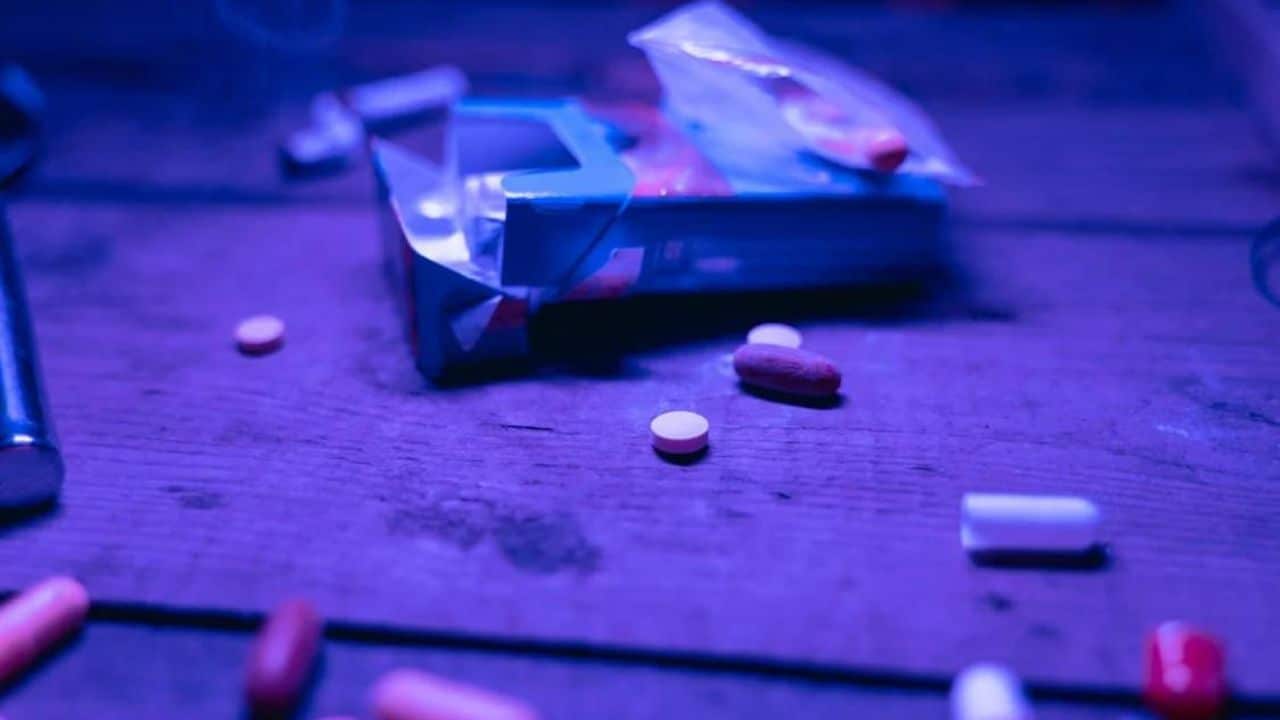Drug abuse is a growing problem that affects millions of people across the globe. It can destroy lives, tear apart families, and derail careers. Despite these consequences, many individuals struggling with substance abuse are hesitant to seek help. Some fear judgment, while others are in denial about the extent of their addiction. However, seeking professional assistance is crucial to overcoming drug abuse and reclaiming control of one’s life. Addressing this issue early on can not only prevent long-term damage but also offer the support and tools needed for sustained recovery.
The Physical and Psychological Impact of Drug Abuse
Drug abuse wreaks havoc on both the body and mind. Physically, it can lead to a myriad of health issues, ranging from organ damage to a weakened immune system. Prolonged drug use is often linked to heart problems, liver disease, and an increased risk of infections. For instance, individuals who inject drugs may expose themselves to diseases like HIV and hepatitis. These physical consequences alone are reason enough to seek help before the damage becomes irreversible. Psychologically, drug abuse can distort a person’s reality. Many substances alter brain chemistry, affecting mood, behavior, and cognitive function. Long-term users often experience mental health issues like anxiety, depression, and paranoia.
The Role of Professional Treatment Programs
Professional treatment programs offer a structured approach to recovery. These programs are designed to provide individuals with the tools and resources needed to overcome their addiction in a safe and supportive environment. Many programs begin with detoxification, a process that rids the body of harmful substances. Detox can be uncomfortable, and in some cases, life-threatening, making it critical for individuals to undergo this process under medical supervision. After detox, treatment typically shifts to therapy. Counseling and behavioral therapy are essential components of a successful recovery plan. Therapy sessions focus on helping individuals identify triggers, understand the consequences of their actions, and develop healthier coping mechanisms.
Family and Social Support in the Recovery Process
Family and social support play an integral role in the recovery journey. For many individuals, their addiction has caused rifts with loved ones. Rebuilding these relationships can provide the emotional strength needed to stay on the path to sobriety. Family members, friends, and partners can serve as a source of motivation, reminding the individual of the benefits of staying clean and the value of their support system. Moreover, involving family in the treatment process can provide the addicted individual with a deeper understanding of how their actions have affected others. It’s not uncommon for family members to feel hurt, betrayed, or neglected due to their loved one’s drug use. Through this process, families can also learn more about understanding the nature of addiction, enabling them to provide informed support throughout the recovery journey. Family therapy sessions are an effective way to mend these wounds while teaching everyone involved how to foster a more supportive environment moving forward.
The Dangers of Delaying Treatment
The longer someone delays seeking help for drug abuse, the more severe the consequences become. Addiction is a progressive disease, meaning it worsens over time without intervention. The longer someone abuses drugs, the more entrenched their habits and behaviors become, making it increasingly difficult to break the cycle. Moreover, prolonged drug use can exacerbate health issues, potentially leading to fatal consequences like overdose or organ failure. Delaying treatment also increases the likelihood of legal issues, financial instability, and the deterioration of important relationships. Many individuals struggling with addiction resort to criminal activity, such as theft or drug dealing, to support their habit.
The Benefits of Early Intervention
Early intervention is one of the most effective ways to prevent the long-term consequences of drug abuse. The earlier someone seeks help, the more likely they are to recover fully. Early treatment helps individuals stop using before their addiction escalates to life-threatening levels. It also allows them to address any co-occurring mental health disorders, such as depression or anxiety, which often fuel their addiction. Intervening early also helps reduce the stigma associated with drug abuse. Individuals who seek help before their addiction is widely known may feel less ashamed, as they’ve taken responsibility for their health before it causes widespread harm.
Overcoming the Stigma of Addiction
One of the biggest barriers to seeking help for drug abuse is the stigma attached to addiction. Society often views addiction as a moral failing rather than a medical condition. As a result, many individuals feel too ashamed to admit they have a problem or to reach out for help. This stigma not only prevents individuals from getting the treatment they need but also perpetuates harmful stereotypes about addiction and those affected by it. Overcoming this stigma requires a shift in how we view addiction. Education is key in helping people understand that addiction is a complex disease that affects brain chemistry, behavior, and decision-making.
Seeking help for drug abuse is essential for anyone struggling with addiction. It offers individuals the opportunity to reclaim their lives, improve their health, and mend relationships with loved ones. Professional treatment programs provide the structure and support necessary to achieve lasting recovery, while family and social support play a crucial role in maintaining sobriety. The dangers of delaying treatment and the benefits of early intervention highlight the urgency of addressing addiction as soon as possible.






































